Trauma
-

JCPP Annual Research Review 2020
Free access to the articles included in the JCPP Annual Research Review: “Something new: What’s next for child psychology and psychiatry?”, until the end of February 2020.
Read more -
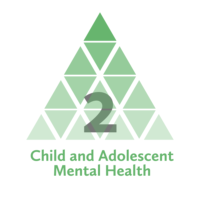
Most cited CAMH paper #2 of 25: Trauma‐Focused Cognitive Behavioural Therapy for Children and Parents
Judith A. Cohen, Anthony P. Mannarino.
Read more -

In Conversation… Trauma and ACE’s with Dan Johnson
Dan Johnson and Jo Carlowe discuss trauma-informed care, the impact of the ACE’s framework on clinical practice and government policy and the difference between adversity and trauma.
Read more -

Cognitive processes mediate the post-traumatic stress trajectory in adolescents
A new study has shown that cognitive processes shape the early reactions of children and adolescents to traumatic stressors, and mediate the transition to persistent and clinically significant post-traumatic stress symptoms (PTSS).
Read more -

In conversation… Professor Andrea Danese discusses Trauma
Andrea discusses the impact trauma has on the child, the Topic Guide on Trauma he wrote with Dr Patrick Smith for ACAMH. He also talks about the recent paper in The Lancet ‘The epidemiology of trauma and post-traumatic stress disorder in a representative cohort of young people in England and Wales’ Lewis, S J et al, and its findings.
Read more -
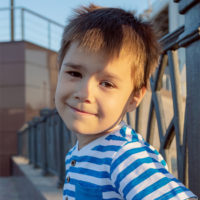
PTSD edition
Trauma can occur in many forms from single exposure to a life-threatening or fear-inducing event, to sustained trauma ranging from neglect, other abuses, famine or war. All of which can present in clinical practice.
Read more -
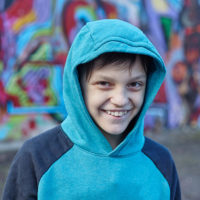
Practitioner recommendations for PTSD: a 2018 update
In 2018, Patrick Smith, Tim Dalgleish and Richard Meiser-Stedman compiled a Practitioner Review for the Journal of Child Psychology and Psychiatry on post-traumatic stress disorder (PTSD) and its treatment in children and adolescents. In their report, the researchers provide updates on the estimated rates of trauma exposure, and the incidence and course of PTSD in children.
Read more -
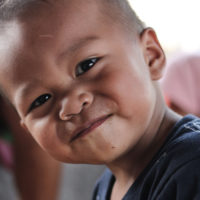
Eye movement desensitization and reprocessing improves PTSD symptoms in children
Practice guidelines for childhood post-traumatic stress disorder (PTSD) recommend trauma-focused psychological therapies as the first-line treatment. The primary approach is trauma-focused cognitive behavioural therapies, which have a large evidence base.
Read more -
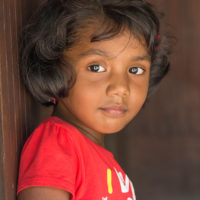
Trauma-focused group intervention is superior to usual care for young refugees
Data from a randomised controlled trial show that trauma-focused group intervention delivered by trained social workers in addition to usual care (UC) is more effective in reducing post-traumatic stress symptoms (PTSS) in young refugees than UC alone.
Read more -

Early cognitive therapy for traumatised young people works and is also cost-effective
More than half of children and adolescents will experience traumatic events like vehicle accidents, house fires, or violence. However, brief counselling for young people in the immediate aftermath of an acute traumatic event has not be shown to be any more effective than not intervening and allowing natural recovery to take its course.
Read more